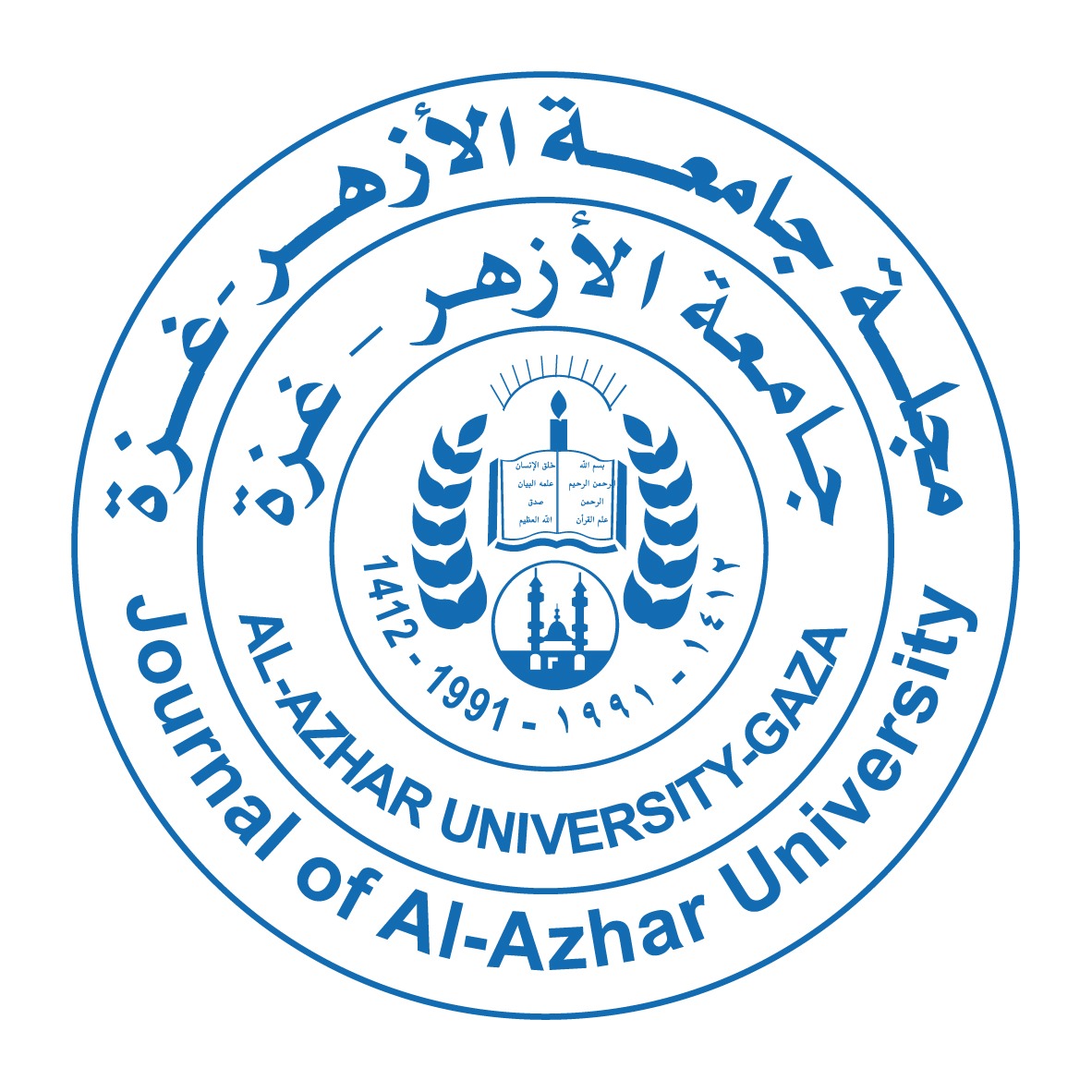Journal of Al-Azhar University – Gaza (Humanities)

Article Title
Abstract
ملخص:
تناول البحث موضوع دلالة النص على قاعدة الشريعة الإسلامية كمصدر للتشريع في مشروع الدستور أيًا كانت صياغتها وأثره في تنظيم السلطة التنفيذية، وذلك من خلال بيان المقصود بالشريعة الإسلامية ومبادئها، ثم بيان معنى التشريع في الشريعة الإسلامية والقانون الوضعي، وكذلك بيان دلالة الصيغ المتعددة للشريعة كمصدر للتشريع في مشروع الدستور الفلسطيني، وكذلك بيان تنظيم السلطة التنفيذية في الشريعة الإسلامية والنظم المعاصرة، وأخيرًا بيان أثر الشريعة الإسلامية كمصدر للتشريع على الأنظمة التي تصدرها السلطة التنفيذية.
وخلص البحث إلى مجموعة من النتائج أهمهما: أنه لا تعارض بين الشريعة الإسلامية والنظم السياسية المعاصرة فيما يتعلق بألقاب رئيس الدولة فليس شرطًا أن يطلق على رئيس الدولة لقب الإمام أو الخليفة أو أمير المؤمنين، فيمكن إطلاق أحد هذه الألقاب أو غيرها، وهذا يرجع إلى ما يتعارف عليه الناس. كذلك طرق اختيار رئيس الدولة في النظم المعاصرة لا تتعارض مع طرق اختيار رئيس الدولة في الدولة الإسلامية، وبالتالي فإن الإسلام لا يمنع أن توضع الأنظمة والتعليمات التي تنظم طرق إسناد السلطة. كما أن الشروط الواجب توافرها فيمن يتولى رئاسة الدولة في النظم المعاصرة لا تتعارض مع الشروط الواجب توافرها فيمن يتولى رئاسة الدولة في الدولة الإسلامية بشكل عام.
وقد أوصى البحث بمجموعة من التوصيات أهمهما: الاستفادة من مبادئ الشريعة الإسلامية فيما يتعلق بالضوابط والشروط التي تحكم عمل وتنظيم السلطة التنفيذية.
كلمات مفتاحية: الدستور الفلسطيني، السلطة التنفيذية، دلالة النص
Abstract:
The research subject of significant text on the basis of Islamic law as a source of legislation in the draft constitution، whatever the formulation and its impact on the organization of the legislative power، and through the intended statement by Islamic law and principles، as well as the intended legislation in Islamic law and positive law، and the statement of the difference between the various versions of the rule of Sharia as a source of legislation ، these formulations and the impact of the provisions of the Constitution and ordinary legislation، and then the statement of organization of the executive power in the Palestinian Islamic Sharia law، and talk about the impact of the base principles of Sharia as a source of legislation to regulate the work of the executive authority.
The research found a set of results the most important of that is no contradiction between the Islamic Sharia contemporary political systems with respect to titles head of state is not a condition to call the head of state the title of imam or caliph or leader of the faithful، it can launch one of these titles or other، and this is due to what Itaref it people. As well as the selection of the head of state in modern methods of systems that do not conflict with the methods of choosing the head of state in the Islamic state، and therefore Islam does not prevent that regulations and directives governing the methods of assigning authority placed. The conditions to be fulfilled by those who take over the presidency in contemporary systems do not conflict with the conditions to be fulfilled by those who take over the presidency of the Islamic state in general.
Research has recommended a set of recommendations that should be the most important of the Palestinian legislature works on the requirement of Islam Asraha the one who holds the post of head of state، and the position of the ministry. As well as the requirement of masculinity in the one who holds the post of head of state until it complies with Islamic law.
Recommended Citation
بشناق, باسم صبحي استاذ مساعد and الغرة, فارس
(2017)
"دلالة النص على مبادئ الشريعة الإسلامية في مشروع الدستور الفلسطيني وأثره في تنظيم وعمل السلطة التنفيذية,"
Journal of Al-Azhar University – Gaza (Humanities): Vol. 19:
Iss.
1, Article 10.
Available at:
https://digitalcommons.aaru.edu.jo/alazhar/vol19/iss1/10

